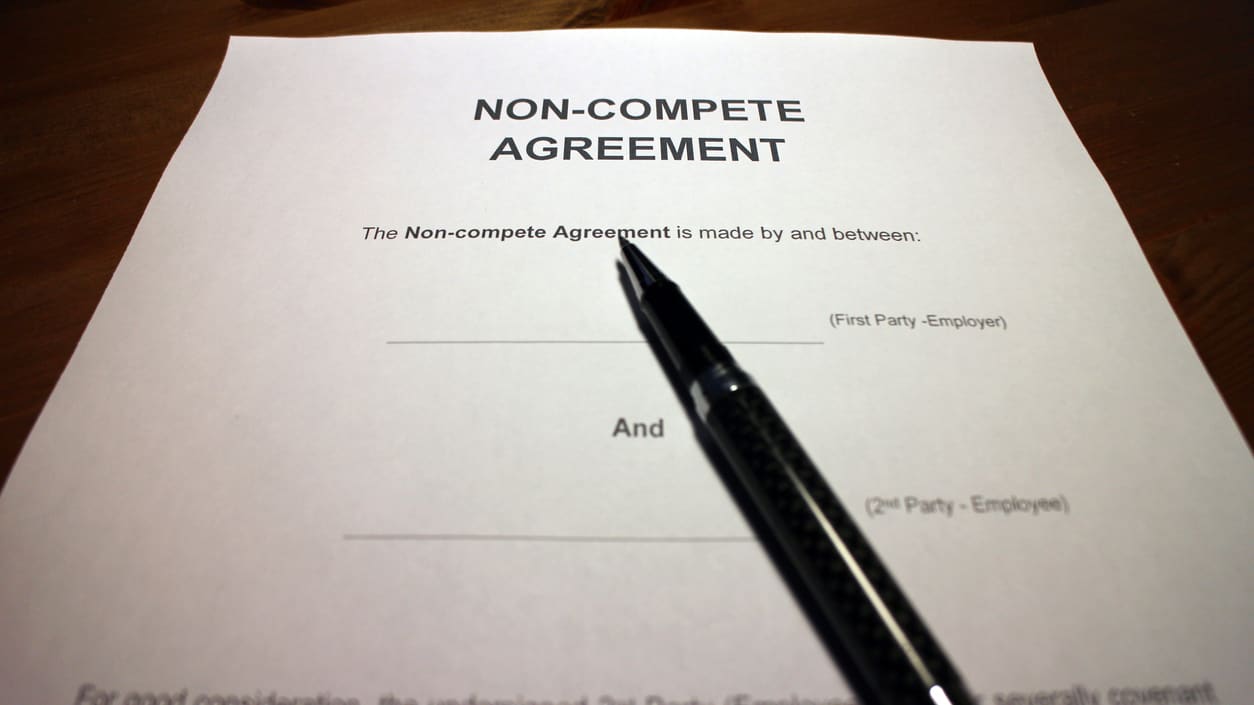In the dynamic and competitive job market of Virginia, the need for businesses to protect their intellectual property, trade secrets, and client relationships is more important than ever. This has led to the increasing use of non-compete agreements, which are contracts designed to restrict employees from engaging in certain activities that may compete with employers’ business interests.
Non-compete agreements are a valuable tool for employers, but they also have implications for the rights and opportunities of workers in Virginia. As a worker, understanding the ins and outs of non-compete agreements is vital for safeguarding your professional future. To be valid, non-compete agreements must have reasonable restrictions to protect the employer’s legitimate business interests, not be excessively severe in restricting the employee’s ability to find another job, and not violate Virginia public policy.
Overview of Non-Compete Agreements in Virginia
Non-compete agreements are contractual arrangements between employers and employees. These documents serve a specific purpose: to restrict employees from engaging in activities that may compete with their current or former employer’s business interests for a defined period of time after their employment ends.
In essence, they are designed to protect an employer’s proprietary information, trade secrets, client relationships, and competitive edge. For example, a software development company may require its employees not to work for a direct competitor for a specified duration after leaving their jobs.
Determining Non-Compete Enforceability in Virginia
Non-compete agreements are generally enforceable, provided that they meet certain criteria. Enforceability often depends on whether the agreement is deemed reasonable, including the following:
- Restrictions are no greater than is necessary to protect the employer’s legitimate business interest
- Not excessively severe in restricting the employee’s ability to find another job
- Does not violate a clear mandate of Virginia public policy.
To enforce a non-compete agreement, the burden of proof falls on the employer to show the contract is valid. Courts look at the above factors when evaluating the legality of a non-compete clause. When looking at these details, courts are examining if an employer is overreaching by using language that is broad or ambiguous, potentially making the scope of the non-compete agreement difficult to determine. Virginia courts will likely validate non-compete agreements that use clear and precise language to establish restrictions that are confined to legitimate business needs.
It’s important to note that an employer cannot recover compensation for an employee’s violation without demonstrating proof of harm, such as monetary damage, in instances of successful competition. If an employer proves a breach of a valid non-compete agreement and demonstrates injury to their company, they may be able to recover damages as they were set out in the agreement.
Speak With the Employment Lawyers at The Spiggle Law Firm
Even if your employer has made you sign a broad or overly restrictive non-compete agreement that a court may invalidate, it is still possible for an employer to seek legal action to attempt to enforce it. As such, an invalid non-compete agreement can still be detrimental to your job prospects and financial future if you do not seek legal guidance from our Virginia non-compete agreement lawyers at The Spiggle Law Firm. We know how to protect your legal rights as a Virginia employee and fight for the justice you deserve if your employer enforced an unlawful non-compete agreement.
For a free case review or more information regarding non-compete agreements, call our office today at (202) 449-8527 or fill out a contact form. We will prepare you for the decisions you need to make throughout the legal process.





